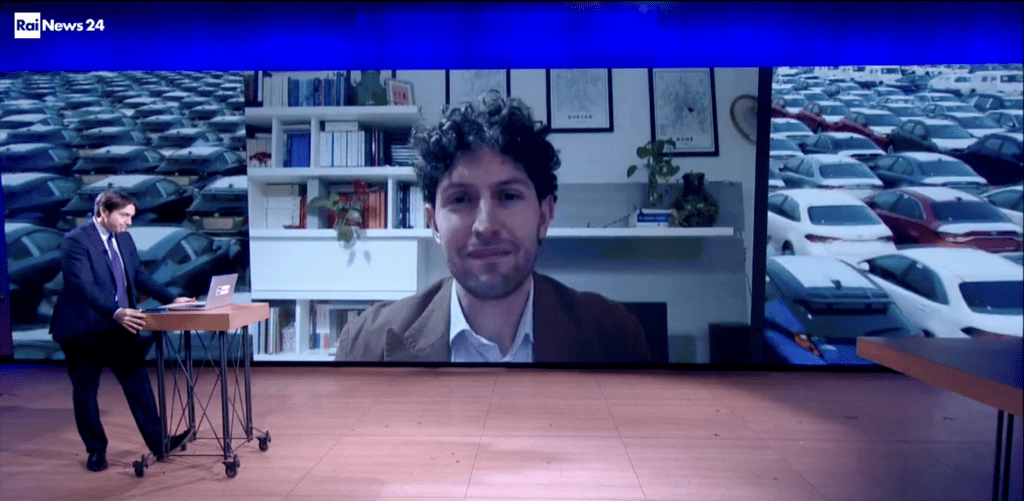
Italy-Africa Summit & the Mattei Plan
February, 2026 ETTG Coordinator, Daniele Fattibene appeared on Rai News to discuss the progress of Italy’s Mattei Plan following the Italy-Africa
Aiming at informing and influencing European and international cooperation
Coordinating and facilitating multi-stakeholder dialogue
Distributed across our 6 member institutes to facilitate, produce and disseminate evidence-based knowledge and innovation
Connecting policy-relevant research with EU policymaking and implementation
Cities that ETTG has directly presented or organised events in the framework of a project.
Geographic areas that have been subject to ETTG analysis.

February, 2026 ETTG Coordinator, Daniele Fattibene appeared on Rai News to discuss the progress of Italy’s Mattei Plan following the Italy-Africa

December 2025 “A Partnership Under Pressure: Making EU–CELAC Cooperation Work in a New Global Order” Authored by: Maurico Bôhl Gutiérrez

December 2025 The European Commission’s proposal for a Global Europe Instrument (GEI) under the 2028–2034 Multiannual Financial Framework marks a
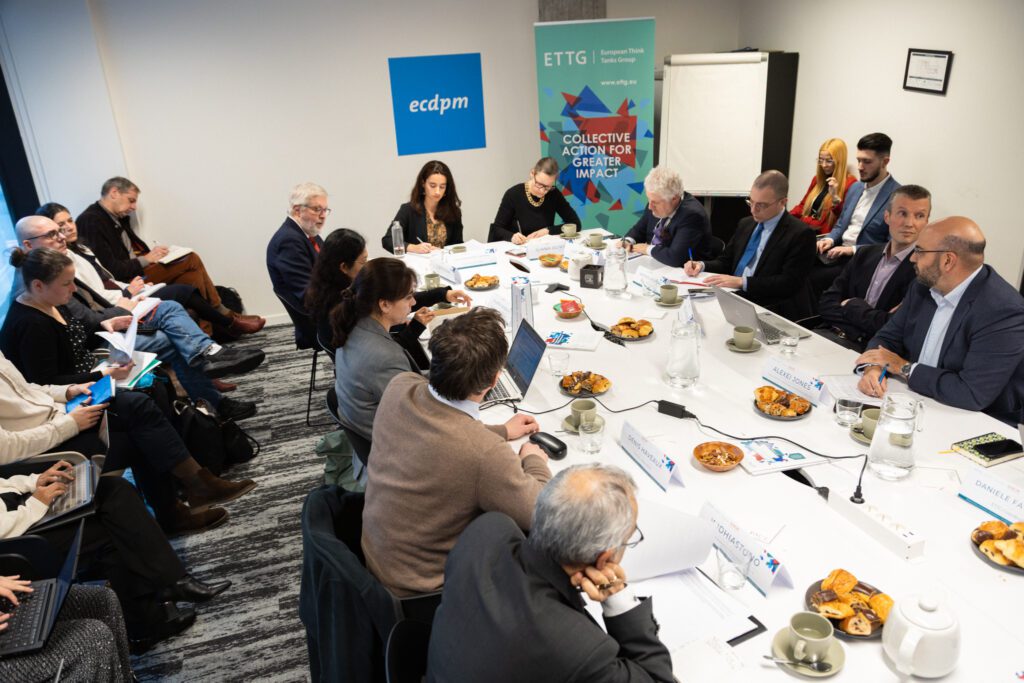
In Brussels we convened a rountable titled Bridging Policy and Practice roundtable to examine how European development cooperation is navigating
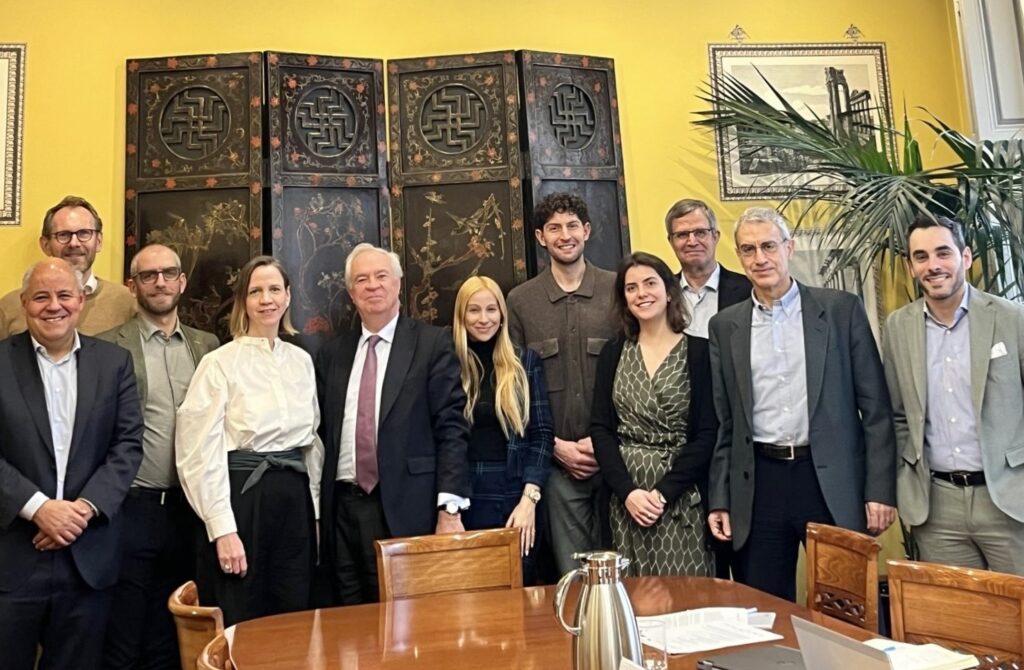
January 29, 2026 We convened at the Elcano Royal Institute in Madrid for our first Board meeting of 2026. These
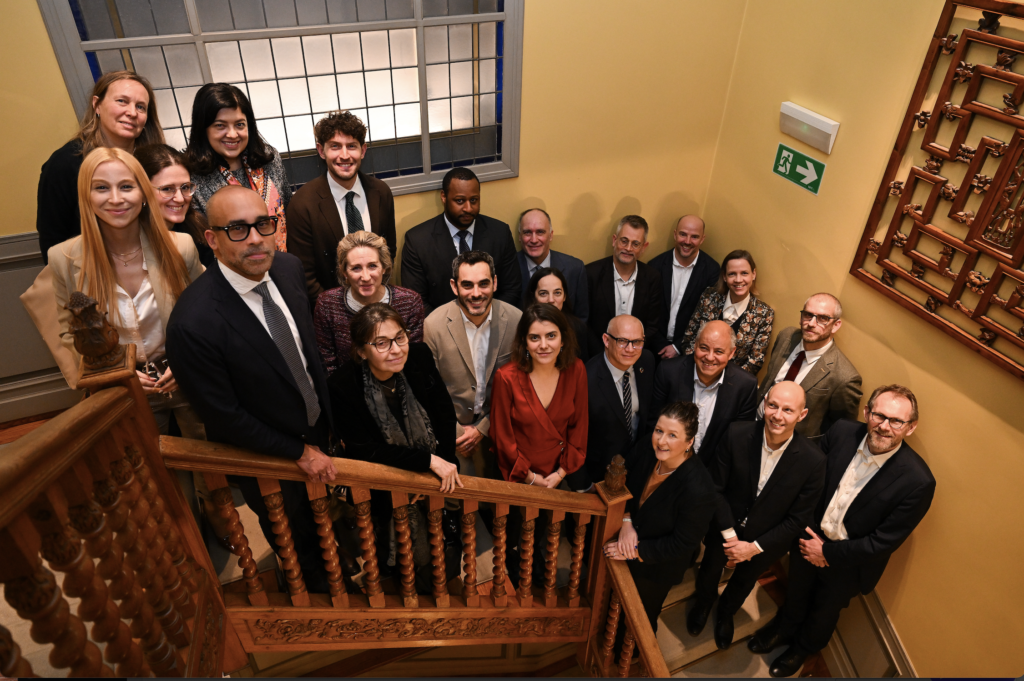
We hosted alongside Elcano Royal Institute, with the support of the Spanish Ministry of Foreign Affairs, European Union and Cooperation

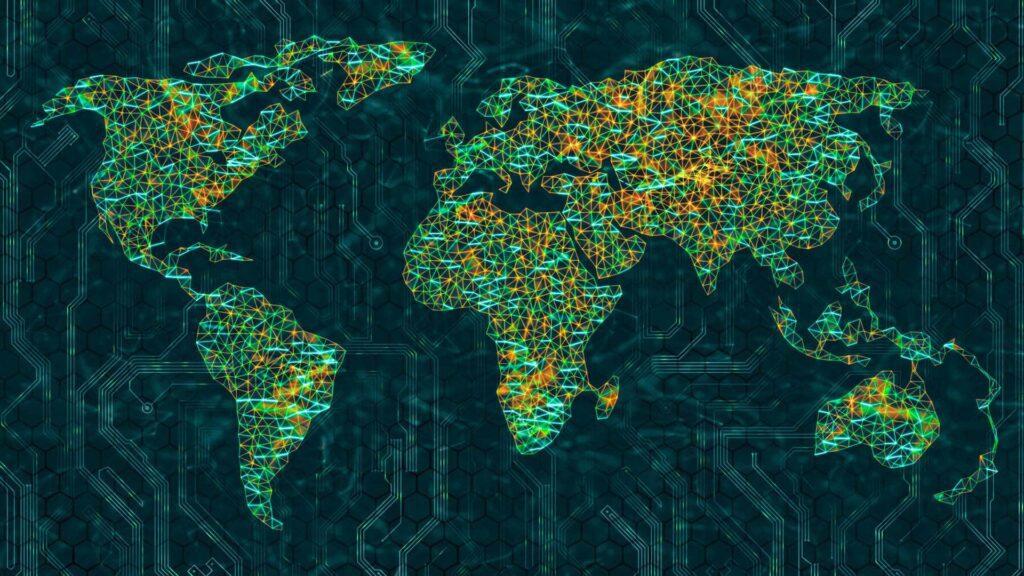
Timeline: 2 years (2024-2025) The world is facing a multitude of crises, impacting the international order and cooperation between continents. Africa, particularly vulnerable, is experiencing rising poverty, social unrest, and